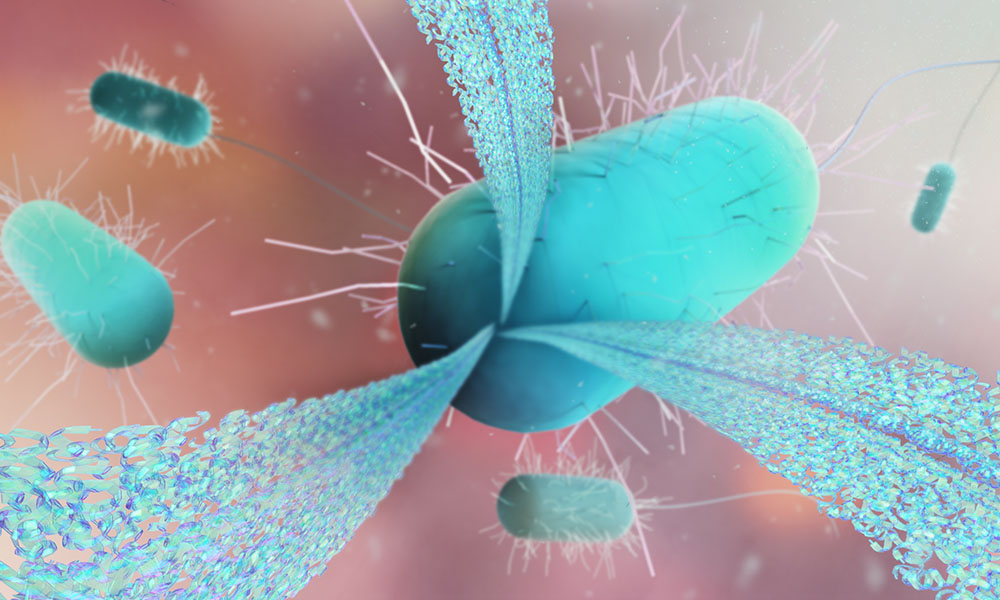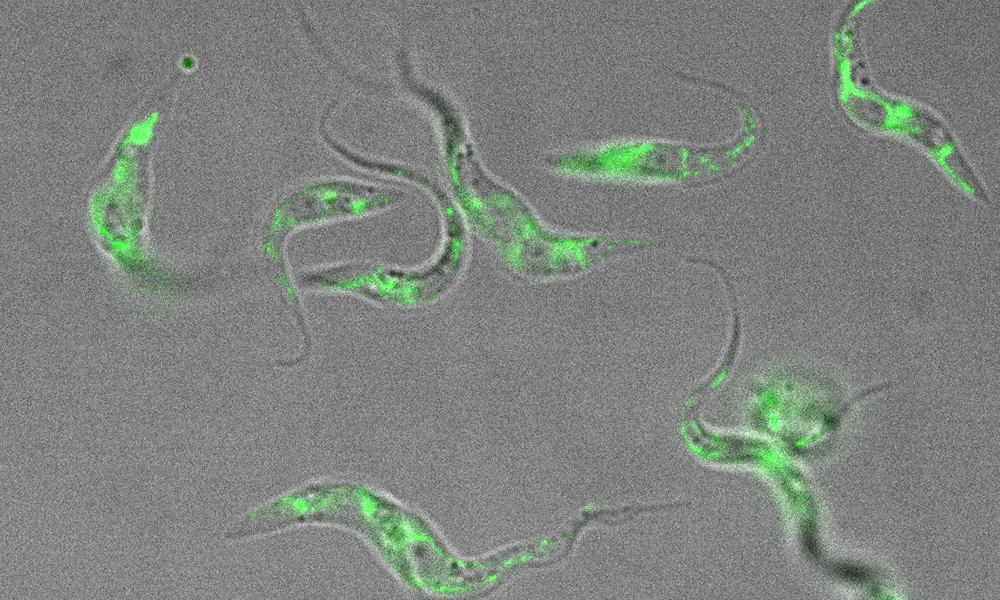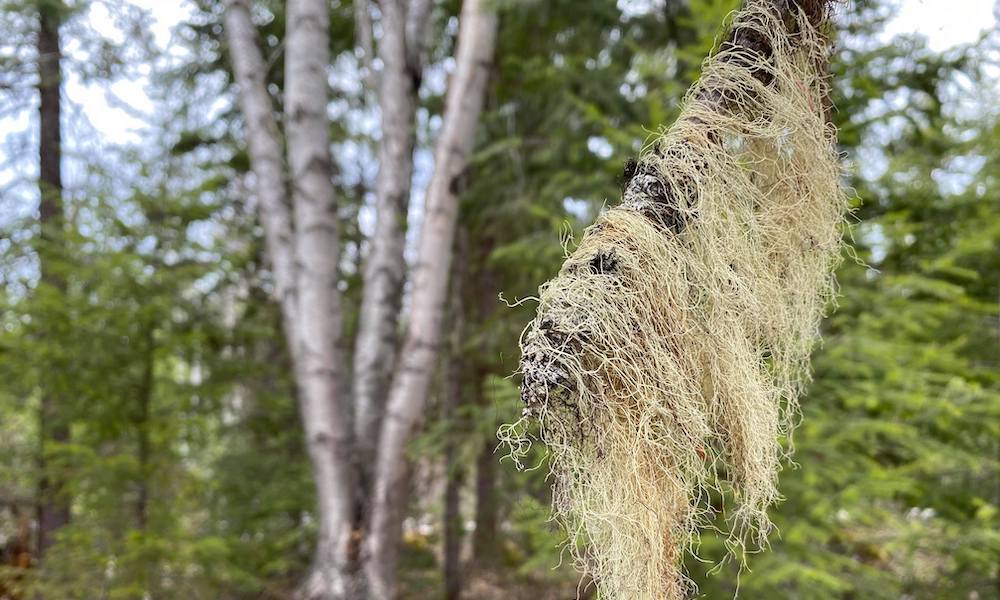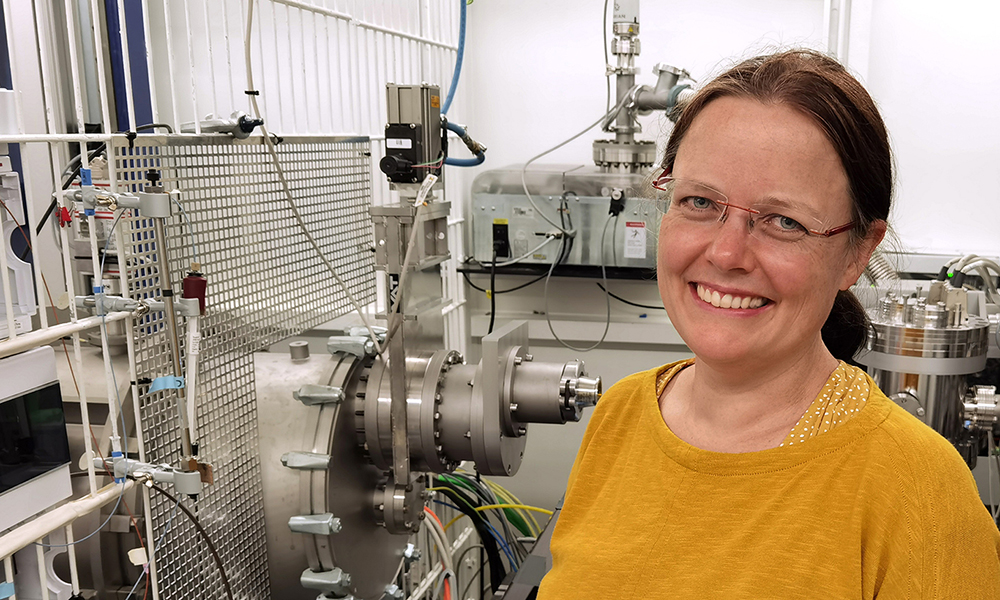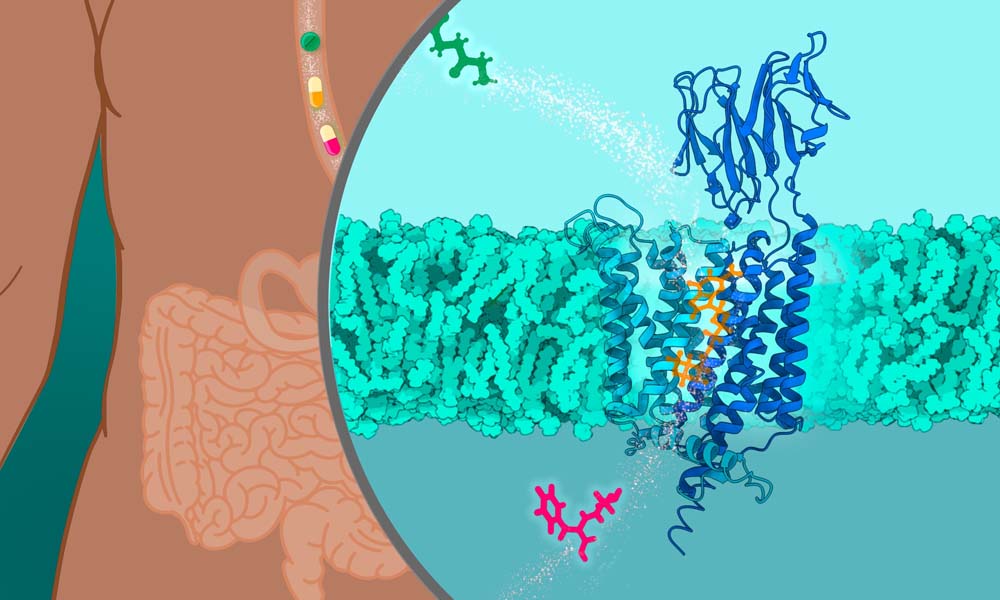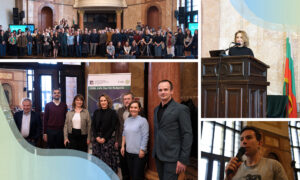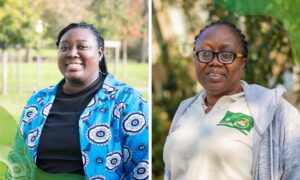
A holistic approach to preserving our health – and our planet’s
Upcoming EMBL Science & Society Conference explores how the One Health methodology can help keep humans, animals, and ecosystems healthy
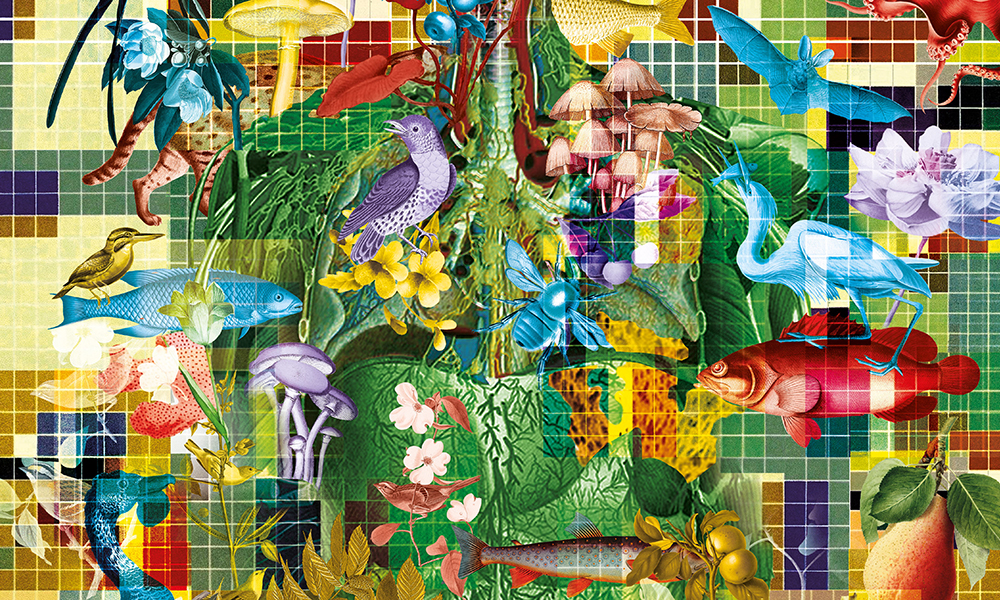
The COVID-19 pandemic has shown us once again that our individual health is closely linked to the health of those around us. All living organisms, including humans, are part of the environment they live in. They interact with each other on multiple levels, and the mutual influence includes effects on health and the spread of disease. Human, animal, and ecosystem health are intricately connected; in other words, we can only be as healthy as the world around us. Life doesn’t exist in isolation – that’s why we need to look at human health in the context of animal and ecosystem health, rather than treating it as an isolated entity.
This is where the One Health approach comes in. It advocates for greater cross-sectoral collaboration and communication across the human-animal-environment interface. Population growth, changes in land use and climate, and the movement of animals and people have a huge impact on the collective health of our world today. Pathogens such as the novel SARS-CoV-2 virus cross between species and move across the globe at a pace only to be surpassed by future pandemics. The past decades have shown that our health closely depends on healthy environments that support life within them.
The concept of One Health was conceived a decade ago to address this need for wider awareness and collaboration. It argues that scientists should not only work in a multidisciplinary fashion but also factor in our relationship to other species and our environment. Our health – the planet’s, humans’, and other species’ – is all inextricably linked. One part of this trio cannot be healthy if other parts are sick.
Global in scope, One Health sets out to design and implement programmes, policies, legislation, and multidisciplinary research to deliver the best possible public health outcomes.
In December, EMBL will host its 22nd annual Science & Society conference to address One Health and its myriad aspects, such as antimicrobial resistance, environmental science, food safety, zoonotic disease, and to explore how we can harness the potential of One Health research. Additionally, the conference will give researchers the opportunity to consider new networks and collaborations that incorporate partners like NGOs, industries, and governments.
The virtual one-day meeting will explore potential societal benefits of the ‘One Health’ methodology, analyse how successful it has been to-date, determine how ‘One Health’ could be key to future pandemic prevention, and ascertain what steps are needed to accelerate implementation.
Register here for the 22nd EMBL Science & Society Conference, taking place on 3 December 2021 – it’s free and open to everyone.
Across EMBL, scientists work on projects that sit at the interface of human, animal, and ecosystem health. The articles below highlight some of these research activities.
What do neurodegeneration, dental cavities, and a blocked sink drain have in common? The answer is nano-sized protein fibres released by bacteria to help them stick together and form layers on various surfaces. The Landau Group at EMBL Hamburg and Technion studies how proteins assemble into fibrous structures, and their role in infection and impact on the brain. Their work could help tackle antimicrobial resistance and other global health problems, as well as inspire new biomaterials.
Laura Carroll has transformed her early love of maths into research in computational biology that helps us to understand bacterial toxins and antibiotic resistance. Laura’s latest work at EMBL involves machine learning to develop new antibiotics more easily – and a recent award from the International Association for Food Protection indicates that this early-career scientist is on the right track.
Tropical diseases affect hundreds of millions of people each year. EMBL scientists and alumni study the parasites that cause malaria and sleeping sickness to help tackle these tropical diseases. A better understanding of the processes of infection, and the biology of the pathogens involved, will support the development of new and more effective methods of prevention and treatment.
Lichens are unusual organisms. They don’t have roots, stems, or leaves and each type of lichen is a partnership between at least two species, usually a fungus and an alga. Lichens are an essential part of many ecosystems: they absorb pollutants, help cycle nutrients, and provide a home to insects and nesting material for birds. Researchers from EMBL-EBI and the University of Alberta have pieced together the genomes of previously unobtainable yeasts and uncovered new information about their role in lichen symbiosis.
Every year more than 8 million tons of plastic waste wind up in the oceans, breaking down into tiny plastic particles but never quite decomposing. While this problem is pervasive, its impact is not well understood. EMBL’s Melissa Graewert and colleagues are taking a structural biologist’s approach to better understand nanoplastic particles. Their research will help uncover how plastic infiltration affects our health and food supply, and may lead to novel solutions to tackle the problem.
The human gut harbours an intricate community of different microbial species as well as many viruses, collectively referred to as the gut microbiome. The gut is also the primary site where nutrients and drugs get absorbed by our bodies. EMBL scientists study various aspects of gut biology – from the effects drugs and antibiotics have on our gut microbes to the structure of transporter proteins that allow us to take up nutrients and medications. Their research will help us to better understand the side effects of drugs and to design drugs that reach target tissues more efficiently.
